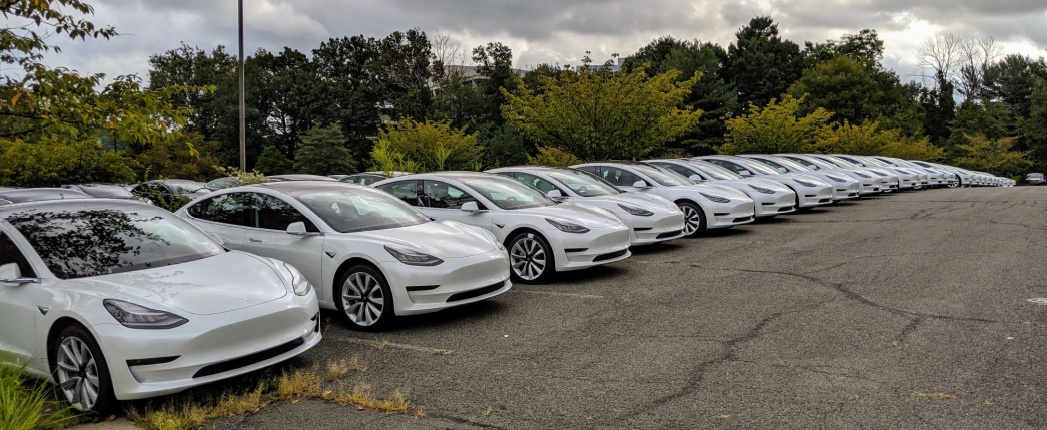
While it’s true that some OEMs are rethinking their EV strategies, electric vehicle sales continue growing and there has been no catastrophic collapse, contrary to some media reports.
Sales were up by about 50% year on year in 2023 and Bloomberg NEF projected an increase by 30% this year. The rate of growth is slower, but hasn’t fallen off a cliff and is still more than any other vehicle category. The numbers are also good for adoption, with 38% of consumers surveyed in the United States saying they intend their next vehicle car will be an EV and 27% are considering one in the future, according to a survey by Boston Consulting Group.
That said, Ford and GM have both delayed plans for EV expansion. Tesla is feeling the pinch of scanter sales by fiddling with prices. In Europe, Volvo plans to transfer some of its stake in EV company Polestar. The company follows Volkswagen Group, which expressed doubts that its battery manufacturing unit PowerCo is a viable. Mercedes is also disappointed by sales, say reports.
“It’s true, the pace of EV growth has slowed, which has created some uncertainty. We will build to demand,” General Motors CEO Mary Barra said on an earnings call.
Growth for 2024 falls well short of industry predictions of 70%, not assisted by higher purchase prices before incentives. But with high interest rates globally, all vehicle sales have slowed. OEMs also have plenty of challenges yet to overcome before EVs go mainstream. These include concerns from consumers, fleet buyers and their own capabilities to produce at volume and be profitable. Inventory is backing up, EVs are selling at a loss, rental companies are not buying and drivers have less cash.

Sorry, a technical error occurred and we were unable to log you into your account. We have emailed the problem to our team, and they are looking into the matter. You can reach us at cs@lubesngreases.com.
Click here link to homepage